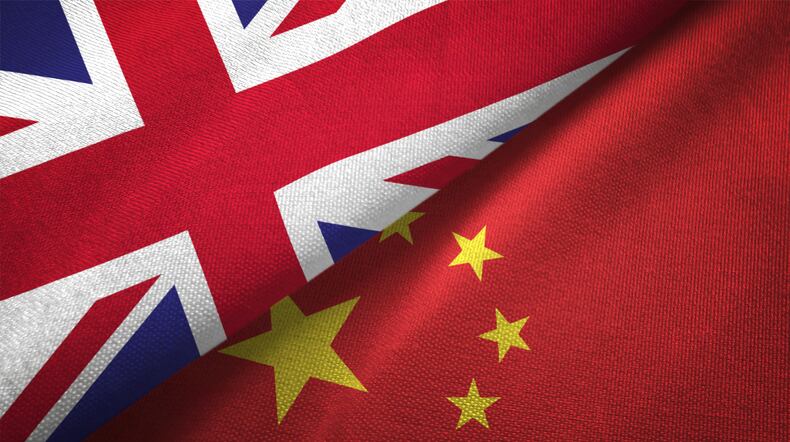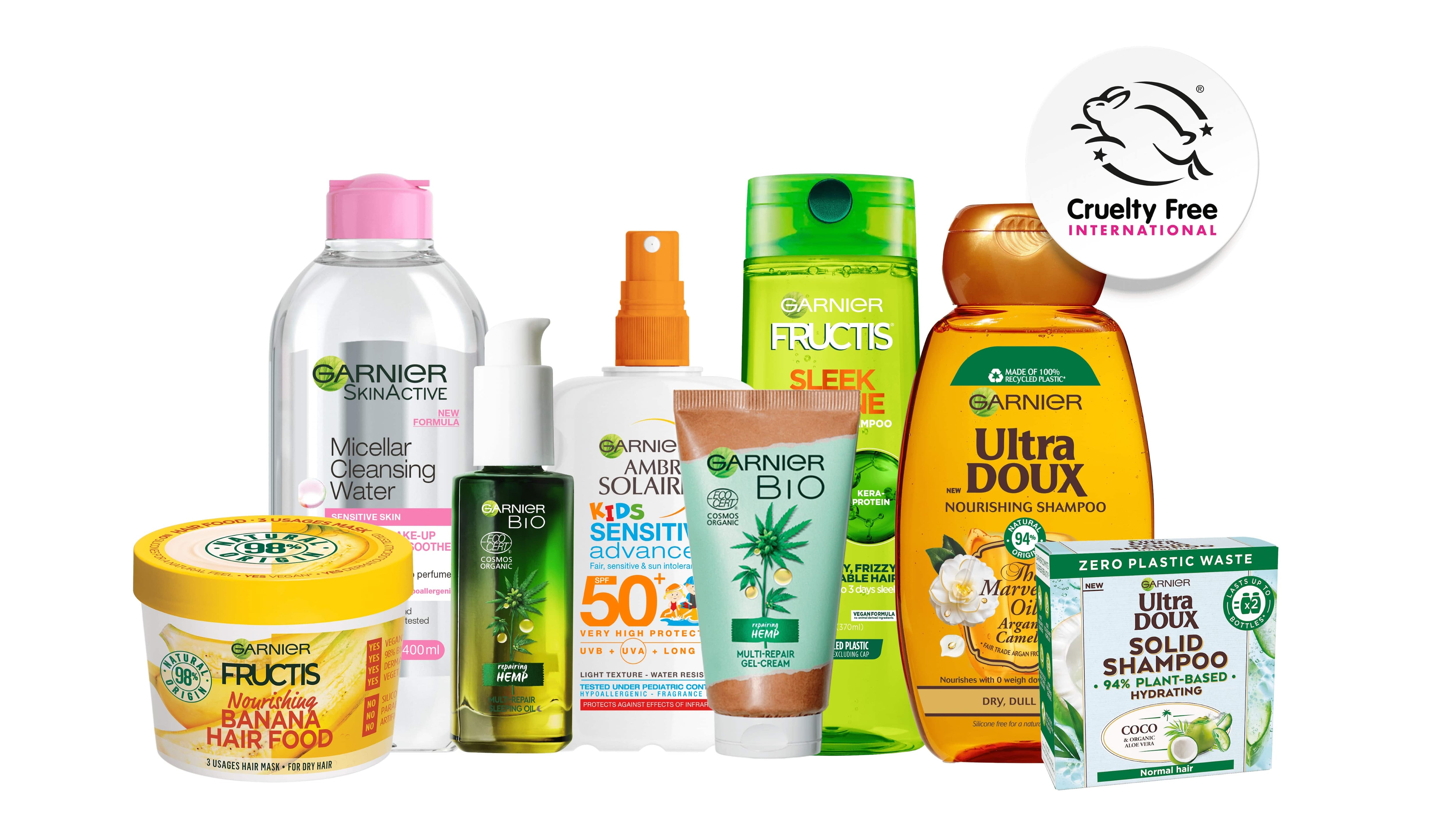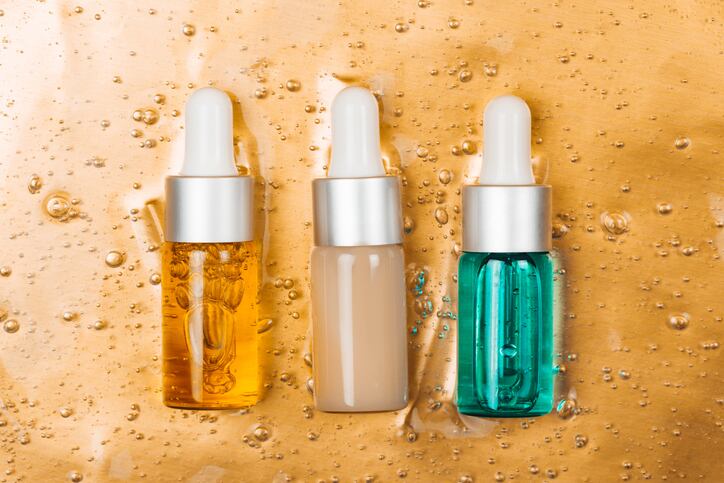After years of collaborative work, the function was made live via the UK’s Department of International Trade (DIT) Import Case Management System (ICMS) on May 1, 2021 – the official date China’s National Medical Products Administration (NMPA) said it would start accepting the import of ‘ordinary’ cosmetics without animal testing.
Up until now, China had required animal testing for all imported cosmetics on arrival, bar those sold via cross border e-commerce channels; carried out by Chinese local health control authorities, not brands. These new exemptions on animal testing formed part of China’s wider launch of its Cosmetic Supervision and Administration Regulation (CSAR), which came into effect on January 1, 2021.
Documentation designed to meet ‘requirements in full’ though no pre-approval from China
Earlier this year, France’s National Agency for the Safety of Medicines and Health Products (ANSM) also launched a dedicated digital platform to issue GMP certifications and other required approvals to enable French cosmetic companies to qualify for animal testing exemptions – the first EU country to do so.
However, whilst these platforms had been designed to issue all necessary documents outlined by China’s NMPA, there had been no official word from China that these certificates would be considered valid, as the country was not pre-approving any GMP certifications. Despite this, the CTPA said: “The UK GMP certification process meets these [NMPA] requirements in full, and it is anticipated that nay such submissions to the Chinese regulators will therefore be accepted.”
Nicholas Shaw Núñez, head of international growth and regulatory services at CTPA, had worked closely with the UK’s Department of International Trade (DIT) and Department for Business, Energy and Industrial Strategy (BEIS) to represent the cosmetics industry during the development of this platform.
Speaking to CosmeticsDesign-Europe, Núñez said: “The NMPA has confirmed that it will not be pre-approving certificates. So, while the UK document is able to meet the established criteria, we will know once the first submission is approved and confirmed. This will require UK brands to complete the process and confirm the success of the initiative.”
“The choice to export and establish a presence in China is a commercial decision, but this process enables UK brands to make that choice. We would encourage companies who are intending to access or remain in the Chinese market to request the certificate and complete the relevant market access process, which will hopefully confirm the validity of the document,” he said.
To obtain documentation, UK beauty businesses were required to create or log on to the DIT ILB Import Case Management System (ICMS). Full details of the procedure and requirements were outlined by the UK government here.
Núñez said that if these GMP documents – designed to be valid for three years from the issue date – were not accepted by China, the UK government and CTPA would mobilise to “make the necessary changes to satisfy the requirements of the NMPA”.
A ‘significant milestone’ in global effort to end animal testing for cosmetics
In 2020, more than €103m (£90m) worth of cosmetic and personal care products were exported to China from the UK, making it the third largest non-EU export market in value terms, according to the CTPA. And so, the opportunity to export without animal testing requirements on arrival represented a “positive development” for industry, said Núñez.
“This is certainly a significant milestone in the global effort to end animal testing for cosmetic products and ingredients, but it is not the end of the road,” he said. The UK beauty industry would continue to advocate for a global end to animal testing, he said, following long-standing legislation in place in the EU and UK.
Animal testing on cosmetic products and ingredients had been banned under EU law since 2013 through the European Cosmetics Regulation 1223/2009, following initial EU and UK bans on testing for finished products in 2004 and ingredients in 2009. Full details on countries across the world with animal testing bans on cosmetic products and ingredients in place in 2021 can be found in this guest article here.
Ranil Jayawardena, UK minister for International Trade, said: “This is great news, both for our iconic British cosmetics brands who are renowned globally for their high standards and ethical production methods, and for global brands manufactured in the United Kingdom. The new certification system will enable British manufacturers and exporters to create jobs and take advantage of one of the world’s fastest-growing cosmetics markets, which is forecast to be worth approximately £50 billion [€57.7bn] in 2021, while maintaining our clear position and domestic ban on animal testing in cosmetics.”
Millie Kendall MBE, CEO of the British Beauty Council, said the opportunity to export into China without mandatory animal testing was a “welcome step in the right direction”.
“It is a huge opportunity for British beauty brands to trade with a country otherwise off-limits in any full capacity. To make acceptable changes to testing, we need to be in the market not outside looking in – and this also gives us the opportunity to work with China to further develop best practices,” Kendall said.




